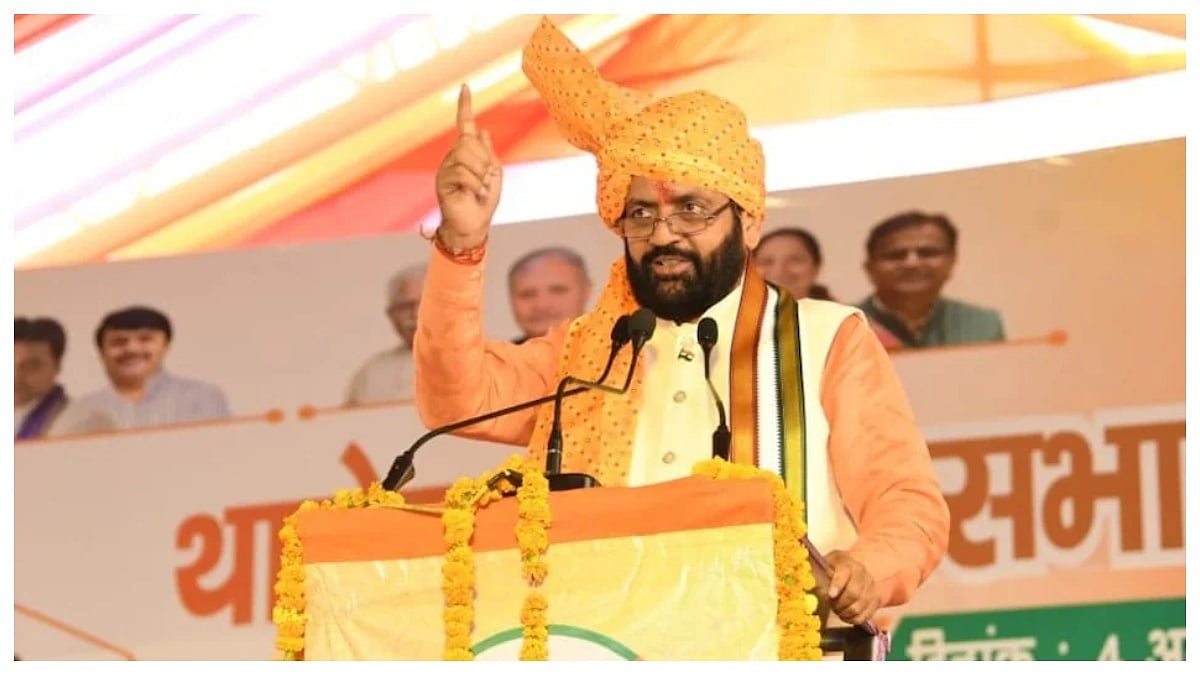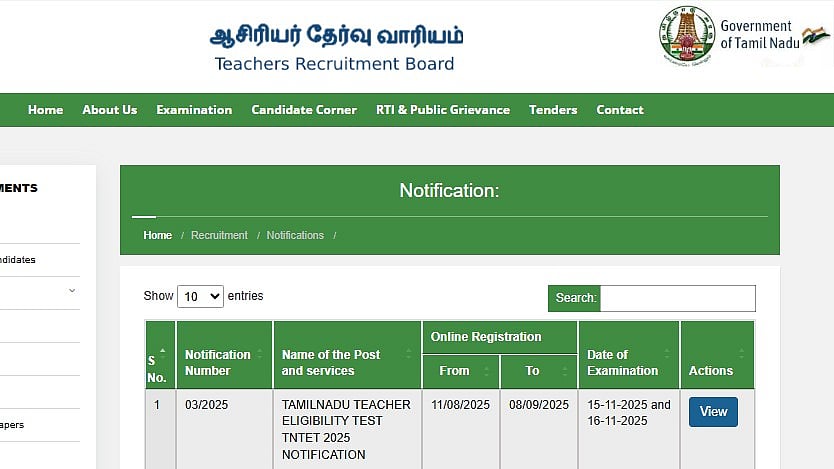Educational Review has published a study that emphasizes the importance of the parent-teacher relationship during lock-down to provide emotional and practical support to students. Children were taught online for almost 2 years now. This has put a responsibility on the parents in ensuring pupils were engaged in their learning and to try to help lower-income family kids with the resources as other kids.
271 primary school teachers from across the country during June and July 2000 were surveyed by a team of Academics from Anglia Ruskin University (ARU) and also carried out follow-up interviews with a smaller cohort in April this year to compare the second round of school closures from January 2021.
Participants worked in schools with differing levels of pupil premiums, with funding provided by the Government to schools based on the number of pupils in a school deemed to be at an economic or social disadvantage. Lower pupil premium schools had fewer children considered to be at a disadvantage, while higher pupil premium schools had more.
The vast majority (84 percent) of teachers felt some pupils had been disadvantaged by school closures due to their home circumstances.
The researchers found that all teachers provided resources for parents to use at home, either created by them or using other sources. However, while pupils from schools with a lower pupil premium number were significantly better able to access all resources than those from schools with higher pupil premium numbers, middle-income families struggled to find the time to engage with homeschooling, with many working from home in white-collar professions during the pandemic.
Primary teachers gave huge support to children and their parents during the pandemic, not only academically, but also practical and emotionally showed the research Teachers kept in touch with parents more regularly, either through online calls or home visits and as a result felt they gained a greater understanding of children's home lives, which helped build trust. Collaborations with charities to provide breakfasts for children, whose families were struggling to afford food, making up food hampers, and even providing loans. Some teachers provided specific sessions for parents to guide them through some of the teaching materials, or to boost their confidence.
Lead author Dr. Sara Spear, Head of the School of Management at ARU, said, "The COVID-19 pandemic was a difficult and stressful time for many people, and for some families, it caused or exacerbated socio-economic difficulties. Our results showed that parental participation in schooling in middle-income families was predominantly impeded by parents' work responsibilities, with one or both parents likely to be working, and long hours and high-pressured jobs leaving little time for supporting children's home learning." "This was exacerbated in the second closure period, with more parents working, and increased expectations for children's learning. Only the richest families had access to resources, such as private tuition and intensive private schooling that alleviated these pressures," she added.
"It was clear from our research that a closer relationship between teachers and parents meant a greater understanding of the difficulties faced by some parents, and as a result teachers went above and beyond to try and make sure no child was left behind. Teachers are hopeful that this stronger relationship will lead to better engagement in the future, with things like parents' evenings being held online to encourage better attendance," she stated.
"In the event of future school closures, schools should consult with parents when determining any requirements for learning at home, to ensure that this is inclusive for the families in their community. Schools should pay particular attention to access to technology, and consider parents' ability and capacity to participate in schooling," she concluded.










